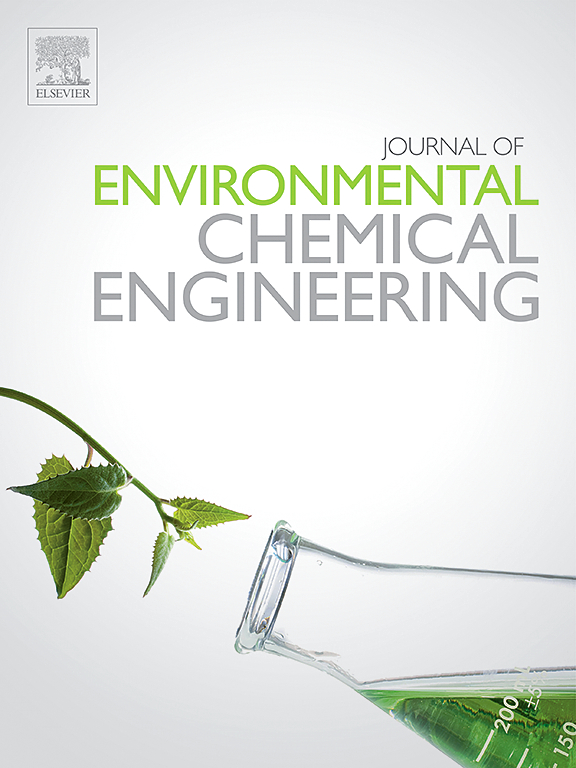从大块矿冶固体废物中提取战略性关键金属(稀土、镓、锗)及主要元素硅高价值利用的研究进展
IF 7.4
2区 工程技术
Q1 ENGINEERING, CHEMICAL
引用次数: 0
摘要
稀土元素(ree)、镓(Ga)、锗(Ge)等战略关键元素是高新技术产业必不可少的原材料。不断增长的技术需求与传统矿产储量的枯竭和矿石品位的下降形成鲜明对比,加剧了供应挑战。矿物冶金固体废物,如粉煤灰和赤泥,含有大量的这些元素,为资源回收和环境修复提供了双重机会。本文综述了近年来从CFA和赤泥中提取稀土、镓和锗的研究进展,总结了不同提取工艺的研究进展。鉴于传统方法的经济限制,本研究探讨了从固体废物中共同回收稀土、镓、锗和硅的方法。通过开发大块冶金残留物的协同提取方案,本研究旨在促进高价值的增值,同时协调经济可行性、战略资源安全和环境可持续性。本文章由计算机程序翻译,如有差异,请以英文原文为准。
Research progress on the extraction of strategic critical metals (rare earth elements, gallium, and germanium) and the high-value utilization of major element silicon from bulk mineral-metallurgical solid waste
Strategic critical elements, including rare earth elements (REEs), gallium (Ga), and germanium (Ge), are essential raw materials in high-tech industries. The growing technological demand starkly contrasts the depletion of traditional mineral reserves and declining ore grades, exacerbating supply challenges. Mineral-metallurgical solid wastes like coal fly ash (CFA) and red mud, containing substantial amounts of these elements, present dual opportunities for resource recovery and environmental remediation. This paper reviews recent studies on the extraction and characterization techniques of REEs, Ga, and Ge from CFA and red mud, summarizing the progress of different extraction processes. Given the economic constraints of conventional approaches, this study investigates the co-recovery of REEs, Ga, Ge, and silicon from solid wastes. By developing synergistic extraction protocols for bulk metallurgical residues, this research seeks to advance high-value valorization while reconciling economic viability, strategic resource security, and environmental sustainability.
求助全文
通过发布文献求助,成功后即可免费获取论文全文。
去求助
来源期刊

Journal of Environmental Chemical Engineering
Environmental Science-Pollution
CiteScore
11.40
自引率
6.50%
发文量
2017
审稿时长
27 days
期刊介绍:
The Journal of Environmental Chemical Engineering (JECE) serves as a platform for the dissemination of original and innovative research focusing on the advancement of environmentally-friendly, sustainable technologies. JECE emphasizes the transition towards a carbon-neutral circular economy and a self-sufficient bio-based economy. Topics covered include soil, water, wastewater, and air decontamination; pollution monitoring, prevention, and control; advanced analytics, sensors, impact and risk assessment methodologies in environmental chemical engineering; resource recovery (water, nutrients, materials, energy); industrial ecology; valorization of waste streams; waste management (including e-waste); climate-water-energy-food nexus; novel materials for environmental, chemical, and energy applications; sustainability and environmental safety; water digitalization, water data science, and machine learning; process integration and intensification; recent developments in green chemistry for synthesis, catalysis, and energy; and original research on contaminants of emerging concern, persistent chemicals, and priority substances, including microplastics, nanoplastics, nanomaterials, micropollutants, antimicrobial resistance genes, and emerging pathogens (viruses, bacteria, parasites) of environmental significance.
 求助内容:
求助内容: 应助结果提醒方式:
应助结果提醒方式:


